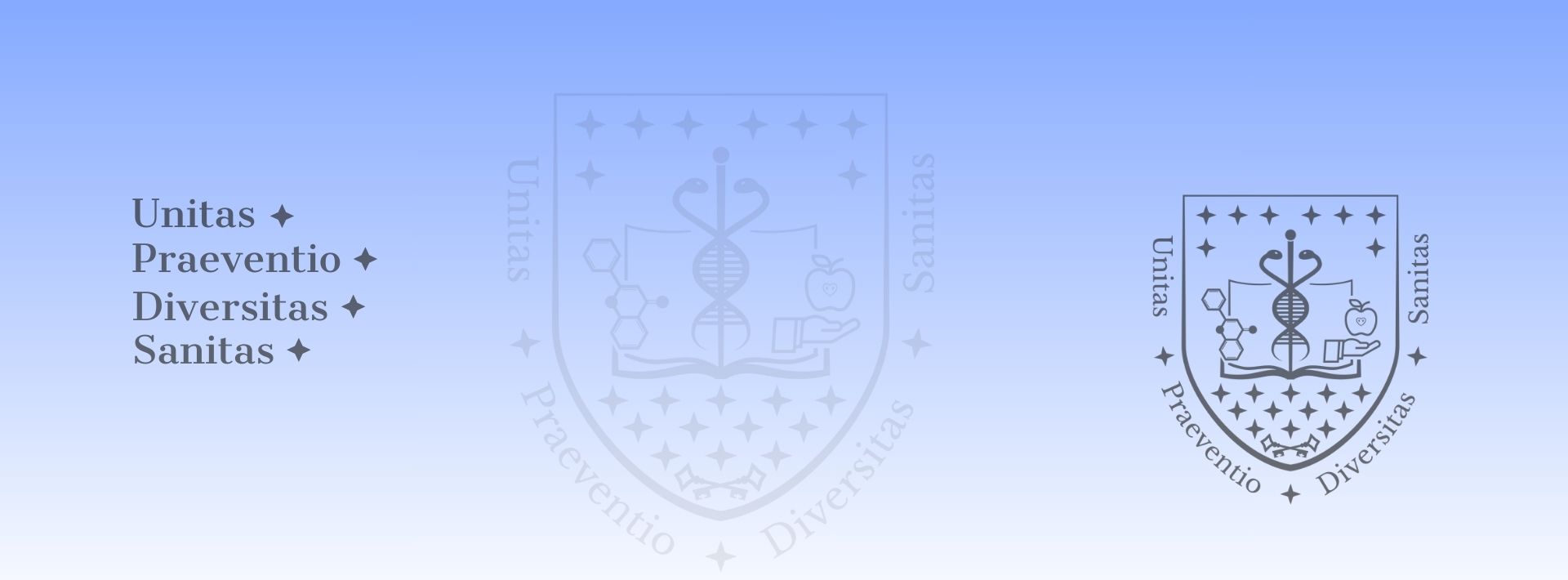Data
Official data in SubjectManager for the following academic year: 2024-2025
Course director
-
Goolesorkhi Kia
assistant professor,
Department of Public Health Medicine -
Number of hours/semester
lectures: 12 hours
practices: 0 hours
seminars: 0 hours
total of: 12 hours
Subject data
- Code of subject: OAF-GHD-T
- 1 kredit
- General Medicine
- Optional modul
- autumn
-
Exam course:Course headcount limitations
min. 5 – max. 35
Available as Campus course for . Campus-karok: BTK ETK KPVK KTK
Topic
Global Health Diplomacy (GHD) course brings together expertise from diplomatic studies and global health. The course aims to provide theoretical framework equipping students to understand the multilateral policy environment in which GHD takes place. The main goal of global health agenda is to achieve Universal Health Coverage (UHC) by 2030. The necessary global health diplomatic negotiations require transdisciplinary approach and multilateral cooperation from stakeholders to achieve this ambitious goal. The course targets those who are interested in GHD and/or considering to build a career in this field.
Having completed this course, students will be able to:
- explain the concept of global health,
- understand the increased need of collaboration between a diverse set of stakeholders,
- critical thinking on international health challenges requiring cost-effective, evidence-based and timely responses by the establishment of sustainable health partnerships,
- understand the interdisciplinary framework of Sustainable Development Goals (SDGs) necessary to achieve UHC by 2030,
- understand the role and strategy of World Health Organization (WHO) as a centre for GHD,
- synthetic thinking on global health priorities and necessary contributions of cross disciplinary stakeholders,
- understand the role of GHD in multi-stakeholder collaboration towards the delivery of UHC.
Lectures
- 1. General introduction to the course. WHO Regional Offices, Country Offices. Cross-border health care within and between member states of the EU and the WHO EURO. - Szilárd István
- 2. Guest lecturer from an international organization, i.e. International Federation of Red Cross (IFRC). Topic: main mission, policy and goals of the represented organizations in the delivery of universal health coverage (UHC). - Katz Zoltán
- 3. The concept of GHD: context, practice and components of GHD. Global health systems, norms in global health, global health and foreign policy. Internationalization of public health. - Katz Zoltán
- 4. Global health governance. Major players/Actors, Global health stakeholders, NGOs in global health, academic contribution. The main organizations (UN, WHO, Global Fund, World Bank, disease-specific initiatives) and their relations. Multi-level and multi-actor negotiation processes. - Goolesorkhi Kia
- 5. Drivers of policy. United Nations’ (UN) Global goals: Millennium Development Goals (MDGs) and Sustainable Development Goals (SDGs). Health in the SDGs. Role of the WHO, WHO Framework Conventions. - Katz Zoltán
- 6. Health challenges in the 21st century. Globalization. Climate change. Migration. Ageing population. World Population Growth. - Katz Zoltán
- 7. Global health financing institutions, opportunities. Mapping the donor landscape. National, international / intergovernmental, non-governmental donors. Multilateral initiatives. Refuelling the Global Fund, Funding the WHO, the role of the World Bank. - Goolesorkhi Kia
- 8. Spending on global health. Global health funding and economic development. Funding for health in Low and Middle Income Countries. The role of private funding. The role of foundations. - Goolesorkhi Kia
- 9. Defeating pandemic threats. Defeating AIDS, TB and Malaria. International accelerators: Global Alliance for Vaccines and Immunizations, GAVI – The Vaccine Alliance, Coalition for Epidemic Preparedness Innovations (CEPI), WHO. The role of governmental and international authorities (e.g. ECDC, CDC). Consequences of Ebola response, COVID-19 response. - Katz Zoltán
- 10. Global health security. Policy frameworks for global health security. The Global Health Security Agenda. Global health and geopolitics. Migration health. Consequences of Ebola response, COVID-19 response. - Katz Zoltán
- 11. Student presentations. Teamwork of students in small groups (3 people) on a previously agreed topic (health challenge) or a selected health initiative. Students present the results of their critical evaluation on the selected topic based on a set of assessment criteria. - Katz Zoltán
- 12. Final exam. Written test. Closing remarks and feedback. - Katz Zoltán
Practices
Seminars
Reading material
Obligatory literature
Literature developed by the Department
All educational materials will be available on the website of the Department and on PotePedia.
Notes
Recommended literature
Health diplomacy: European perspectives, I. Kickbusch, M. Kökény, 2017; WHO
https://www.euro.who.int/__data/assets/pdf_file/0009/347688/Health_Diplomacy_European_Perspectives.pdf?ua=1
Health diplomacy: spotlight on refugees and migrants, 2019, WHO
https://www.euro.who.int/en/publications/abstracts/health-diplomacy-spotlight-on-refugees-and-migrants-2019
I. Kickbusch, G. Silberschmidt, P. Buss, Global health diplomacy: the need for new perspectives, strategic approaches and skills in global health, Bulletin of the WHO, 2007; 85(3), 161-244.
https://www.who.int/bulletin/volumes/85/3/06-039222/en/
I. Kickbusch, TE Novotny, et.al, Global health diplomacy: training across disciplines, Bulletin of the WHO, 2007; 85(12), 901-980.
https://www.who.int/bulletin/volumes/85/12/07-045856/en/
D. E. Lucero-Prisno, et.al, Who Will Pay for the COVID-19 Vaccines for Africa?, Am. J. Trop. Med. Hyg. 2021;
https://www.ajtmh.org/content/journals/10.4269/ajtmh.20-1506
Conditions for acceptance of the semester
Active participation at lectures (85% at least), and successful completition of the final written test.
Mid-term exams
Evaluation will be based on students' presentation and final written test during the last occasion.
Making up for missed classes
Based on preliminary discussion with the course leader.
Exam topics/questions
The exam will be based on the lectures and the recommended readings.
